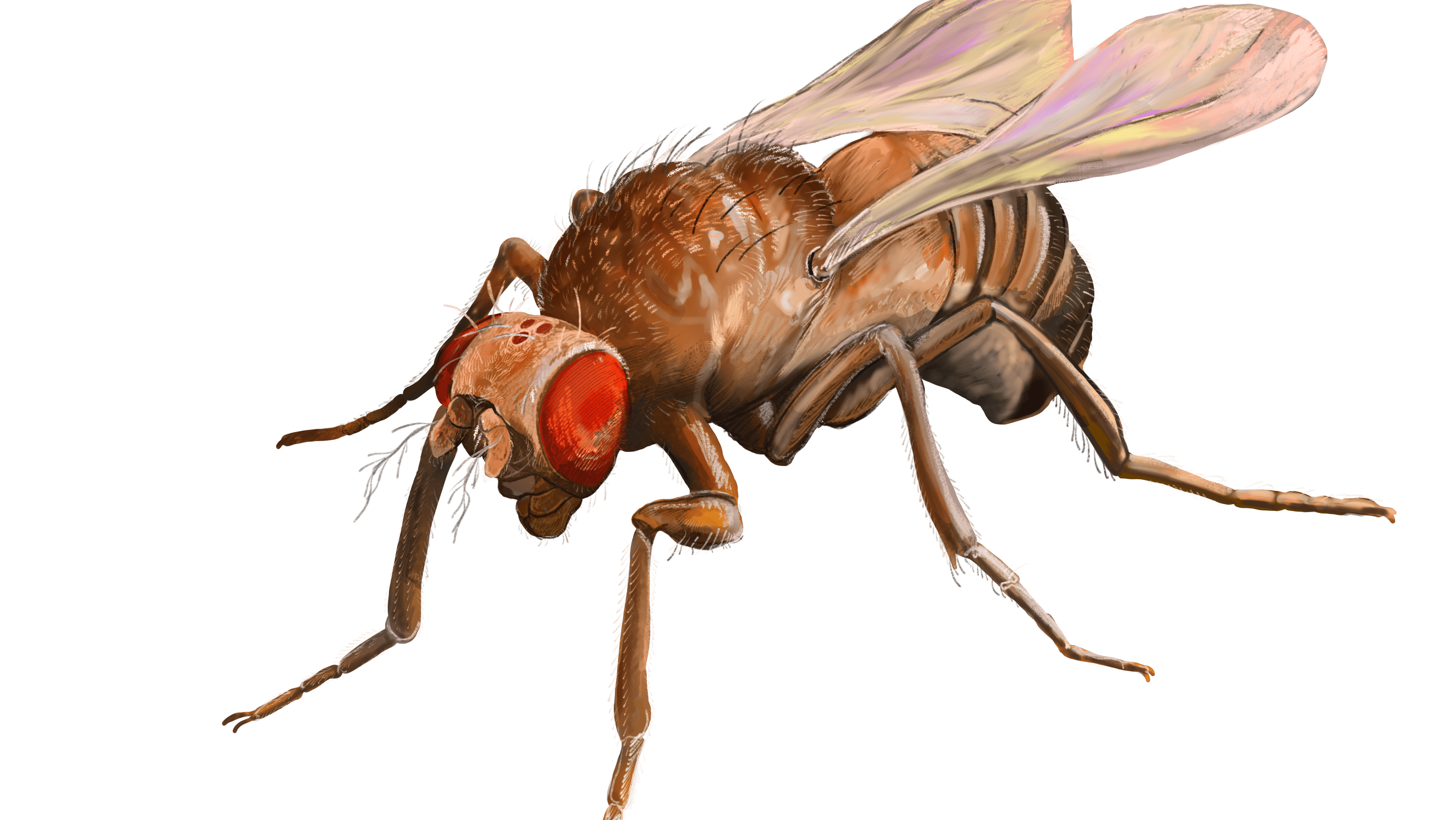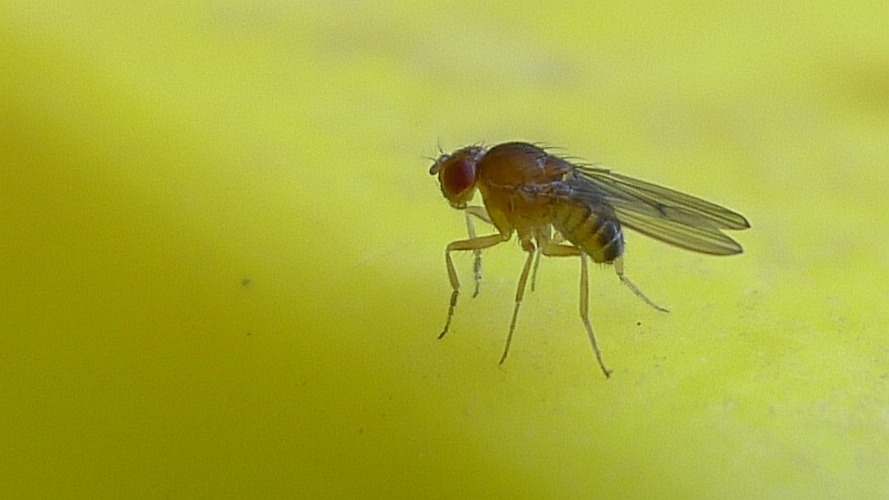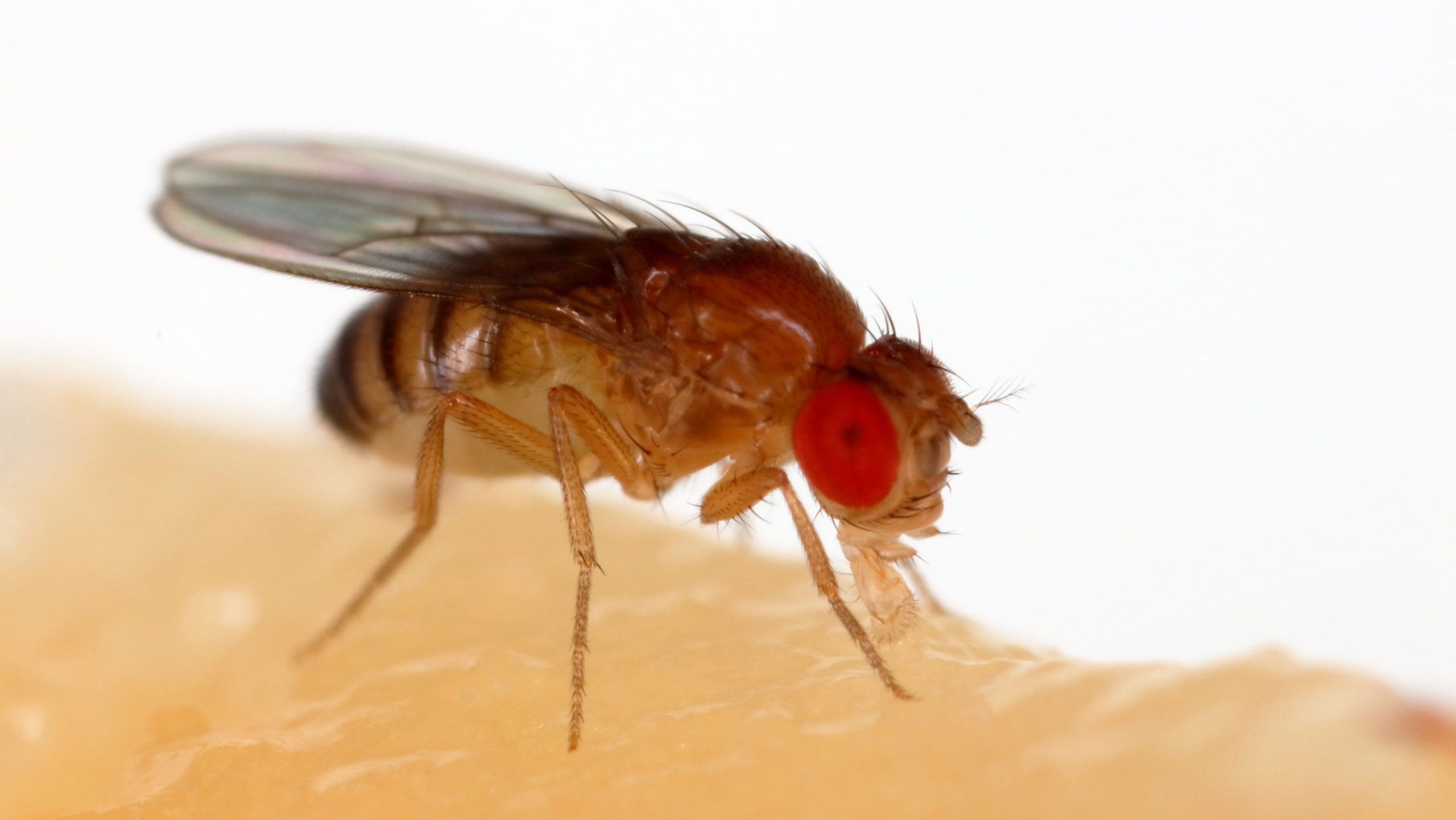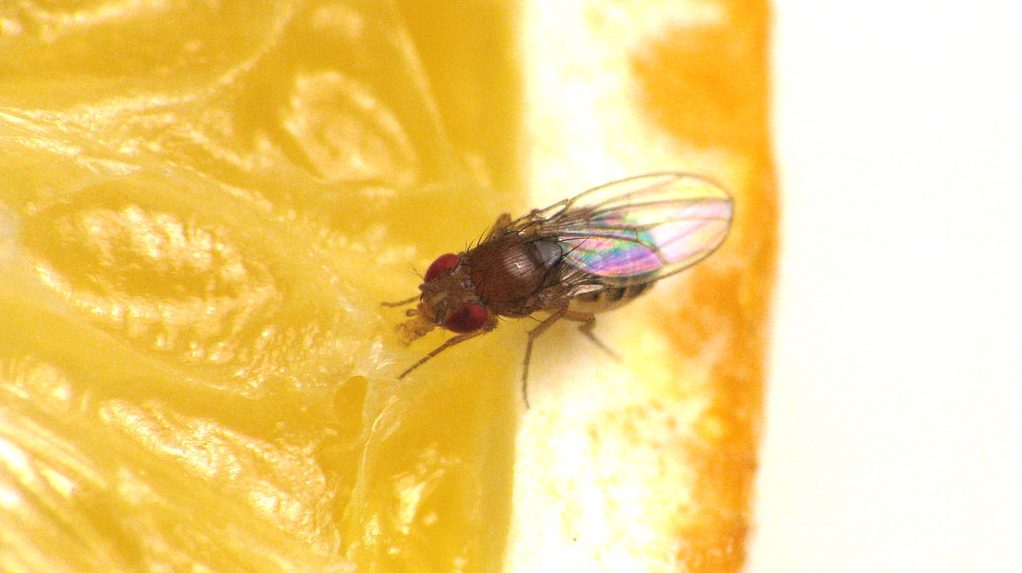Key Takeaways
- Fruit flies can spread bacteria and contaminate food.
- They lay eggs in overripe fruit, drains, and trash bins.
- Foodborne illnesses like Salmonella and E. coli can result from contamination.
- Proper food storage and kitchen cleaning can prevent infestations.
- DIY fruit fly traps and essential oils help eliminate them.
 Fruit flies are one of the most common household pests in the United States. These tiny, fast-breeding insects are often found buzzing around overripe fruit, garbage cans, or kitchen drains. While they are mostly a nuisance, many homeowners wonder: Can fruit flies make you sick?The short answer is yes, indirectly. Fruit flies don’t bite or sting, but they can spread bacteria, contaminate food, and contribute to foodborne illnesses. In this article, we’ll break down how fruit flies can impact your health, the risks they pose, and how to eliminate Fruit flies from your home.
Fruit flies are one of the most common household pests in the United States. These tiny, fast-breeding insects are often found buzzing around overripe fruit, garbage cans, or kitchen drains. While they are mostly a nuisance, many homeowners wonder: Can fruit flies make you sick?The short answer is yes, indirectly. Fruit flies don’t bite or sting, but they can spread bacteria, contaminate food, and contribute to foodborne illnesses. In this article, we’ll break down how fruit flies can impact your health, the risks they pose, and how to eliminate Fruit flies from your home.
What Are Fruit Flies?
Fruit flies (Drosophila melanogaster), also known as vinegar flies, are small insects with red eyes and tan or brown bodies. They are primarily drawn to fermenting fruits and vegetables but will also feed and breed in moist, organic matter. These pests reproduce quickly, with a single female laying up to 500 eggs in a very short lifespan. In ideal conditions (warmth and humidity), fruit flies go from egg to adult in about a week, leading to rapid infestations.

Not getting a solution?
Get your free pest control estimate today!Can Fruit Flies Make You Sick?
While fruit flies themselves do not carry diseases in the same way as mosquitoes or cockroaches, they can indirectly make you sick. Here’s how:Health Risks of Fruit Flies
-
Fruit Flies Contaminate Food: Fruit flies pick up bacteria from garbage, rotting food, and dirty surfaces. When they land on your food, they transfer these pathogens, potentially causing foodborne illnesses.
Common Bacteria Linked to Fruit Flies
-
Salmonella – Causes diarrhea, fever, and stomach cramps.
-
E. coli – Can lead to severe digestive issues, vomiting, and fever.
-
Listeria – Dangerous for pregnant women, newborns, and those with weakened immune systems.
Fruit Flies Lay Eggs in Food & Drains
-
Where They Lay Eggs: Fruit flies lay tiny eggs on rotting fruit, vegetables, and inside drains. These eggs hatch into larvae (maggots), which continue feeding on decaying matter before becoming adults.
Common Egg-Laying Sites
-
Overripe fruits and vegetables.
-
Moist trash bins with food waste.
-
Sink drains and garbage disposals.
-
Damp mop heads or dirty sponges.
Fruit Flies Can Contaminate Surfaces
-
Bacteria on Kitchen Surfaces: Since fruit flies land on garbage, moldy food, and dirty surfaces, they can spread bacteria to kitchen counters, cutting boards, and eating utensils.
How to Prevent Surface Contamination
-
Wash dishes before use if fruit flies have been on them.
-
Wipe down kitchen counters with antibacterial cleaner.
Are Fruit Fly Eggs Harmful if Ingested?
No, fruit fly eggs are not harmful to humans if accidentally eaten. Your stomach acid is strong enough to destroy the eggs before they hatch. However, the real concern is that food with fruit fly eggs is likely already decomposing, meaning it could contain harmful bacteria. If you find fruit fly larvae (tiny white maggots) in your food, it’s best to discard the item rather than risk food poisoning.
How to Get Rid of Fruit Flies & Prevent Infestations
Proper Food Storage
-
Keep ripe fruits in the refrigerator or in sealed containers.
-
Do not leave cut fruit or vegetable scraps exposed on counters.
-
Regularly check for overripe or moldy produce and discard it immediately.
Trash Maintenance
-
Use a garbage can with a tight-fitting lid.
-
Empty trash bins frequently, especially in warm weather.
-
Wash trash cans with soap and hot water to remove food residue.
Drain Cleaning Tips
-
Pour boiling water or vinegar down the drain weekly to clear organic buildup.
-
Use a sink strainer to catch food particles.
-
Run the garbage disposal regularly to prevent food accumulation.
Kitchen Cleaning Tips
-
Clean kitchen counters daily with disinfectant spray.
-
Mop floors and wipe up spilled juice, soda, or alcohol immediately.
-
Wash dirty utensils rather than leaving them in the sink overnight.
Homemade Fruit Fly Traps
-
Apple Cider Vinegar Trap: Pour apple cider vinegar into a bowl, add a drop of dish soap, and cover with plastic wrap poked with small holes. Fruit flies enter and drown.
-
Red Wine Trap: Leave a small amount of red wine in a glass. Cover with plastic wrap or leave open. Fruit flies will be drawn to the fermentation and drown.
-
Rotten Banana Trap: Place an overripe banana slice in a jar. Cover with plastic wrap and poke holes. The flies will crawl inside but won’t be able to leave.
Natural Fruit Fly Repellents
-
Lemon & citrus peels.
-
Peppermint essential oil.
-
Lavender & eucalyptus oil.

Key Prevention Steps
-
Store food properly and eliminate overripe fruits & vegetables.
-
Keep your kitchen clean, especially drains, trash cans, and counters.
-
Use fruit fly traps and natural repellents to eliminate infestations quickly.





